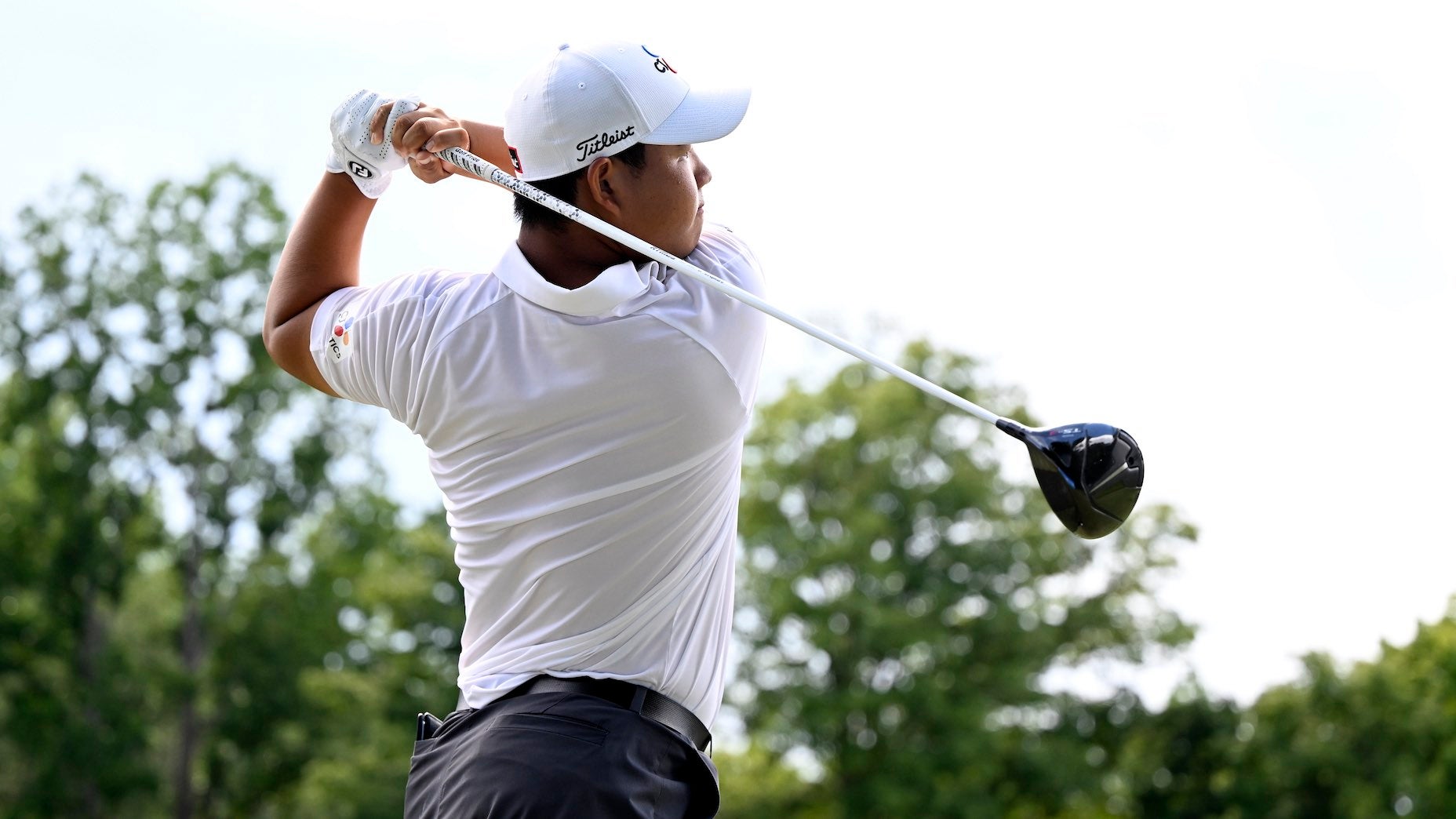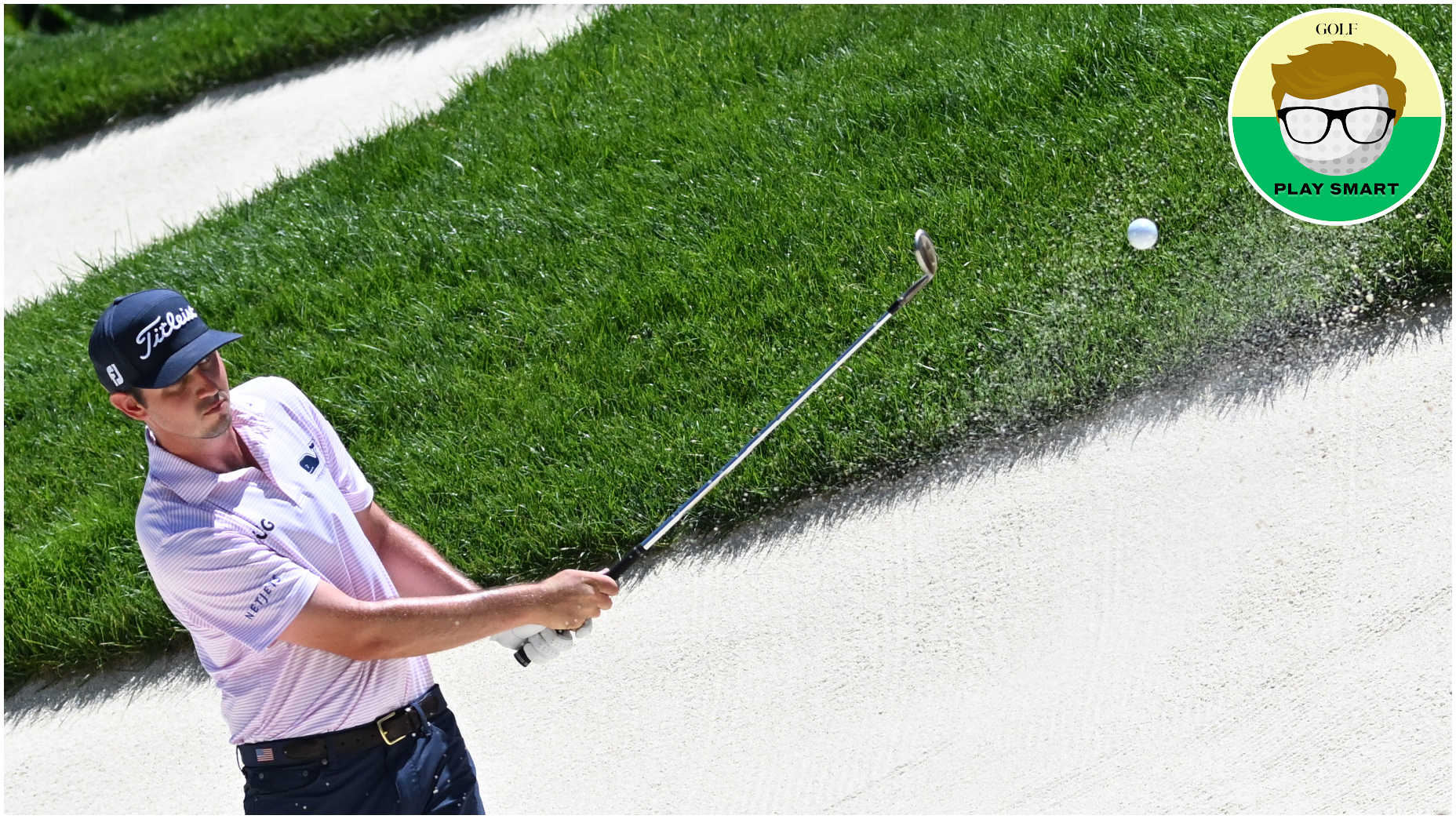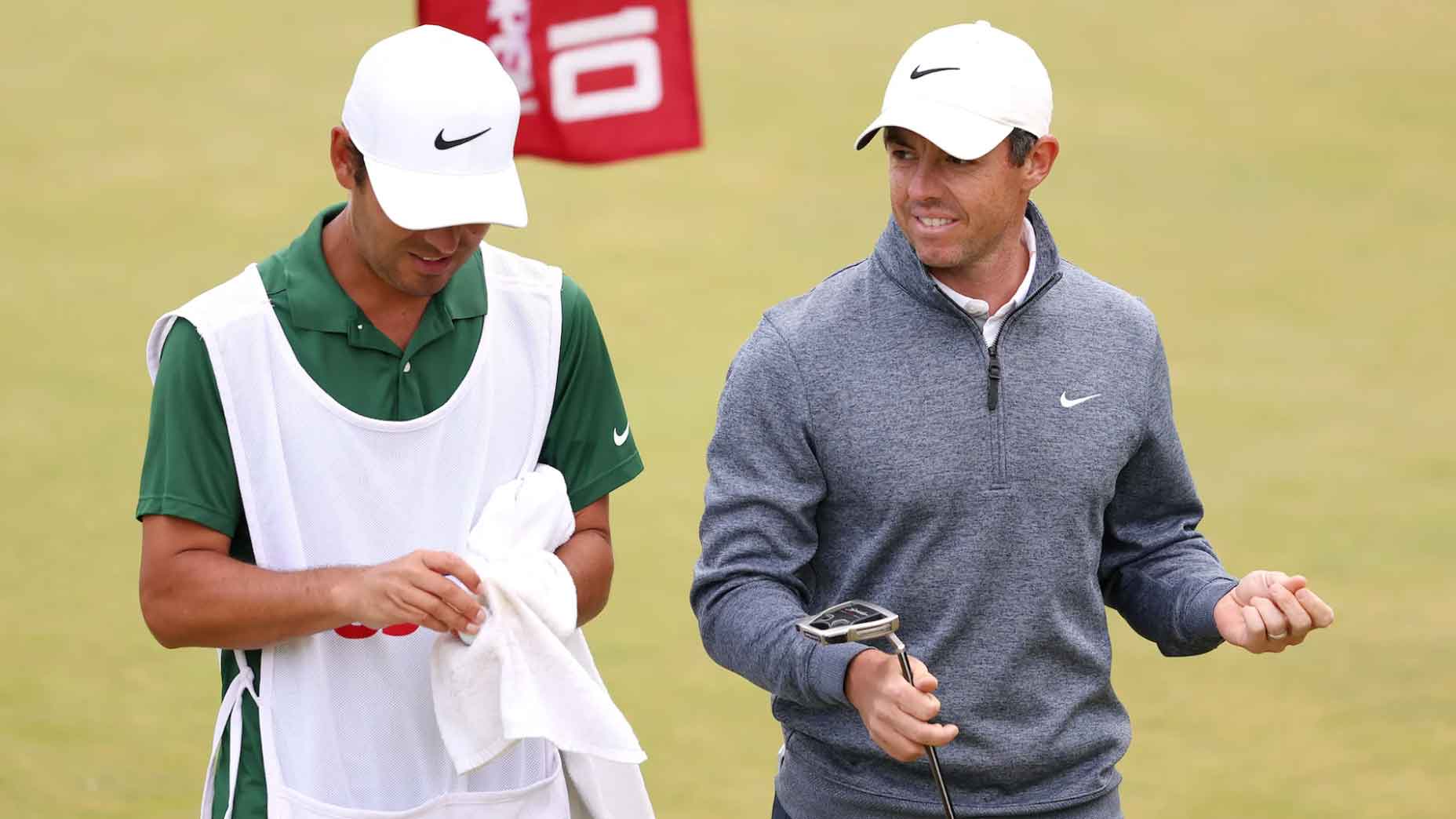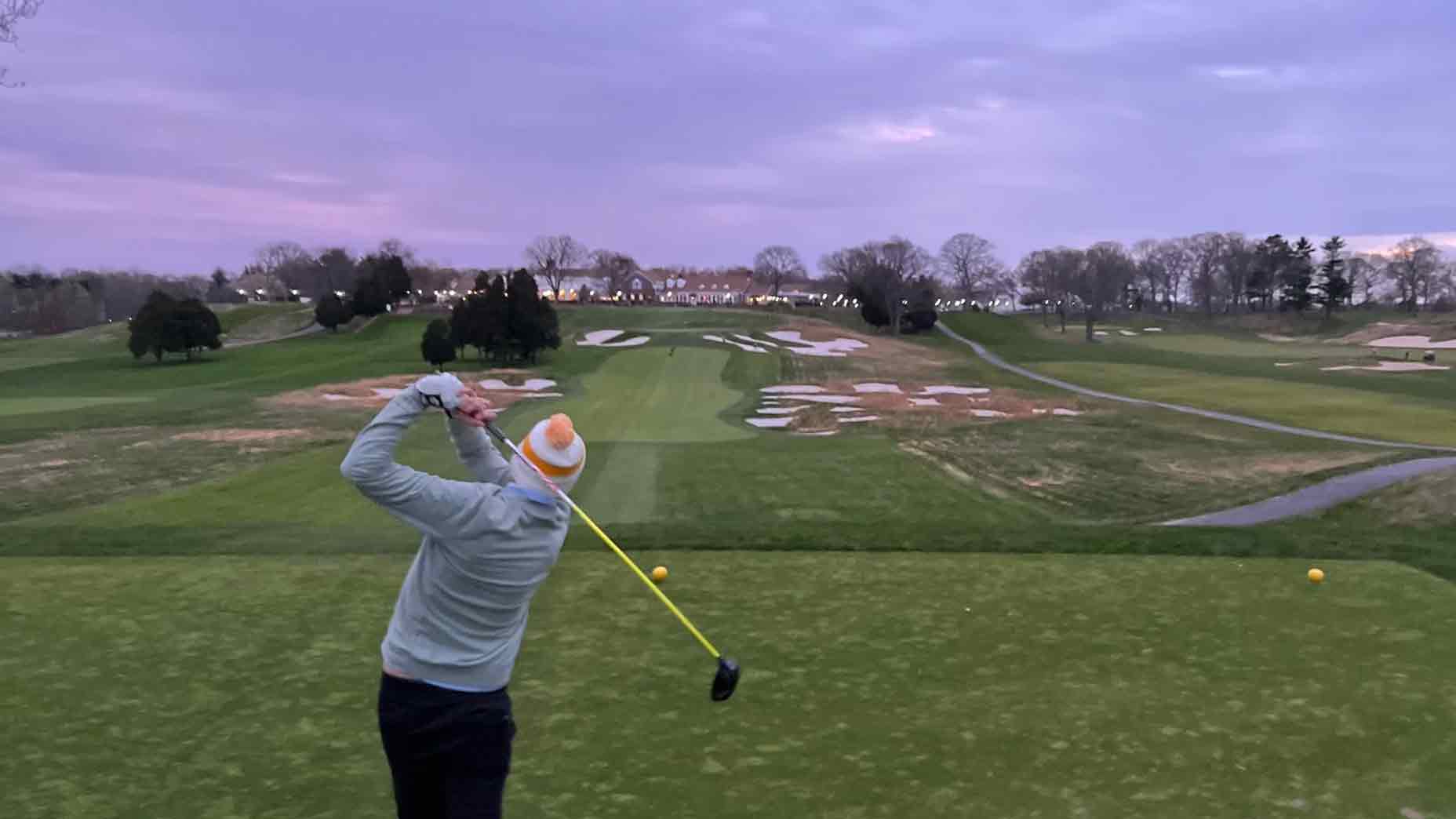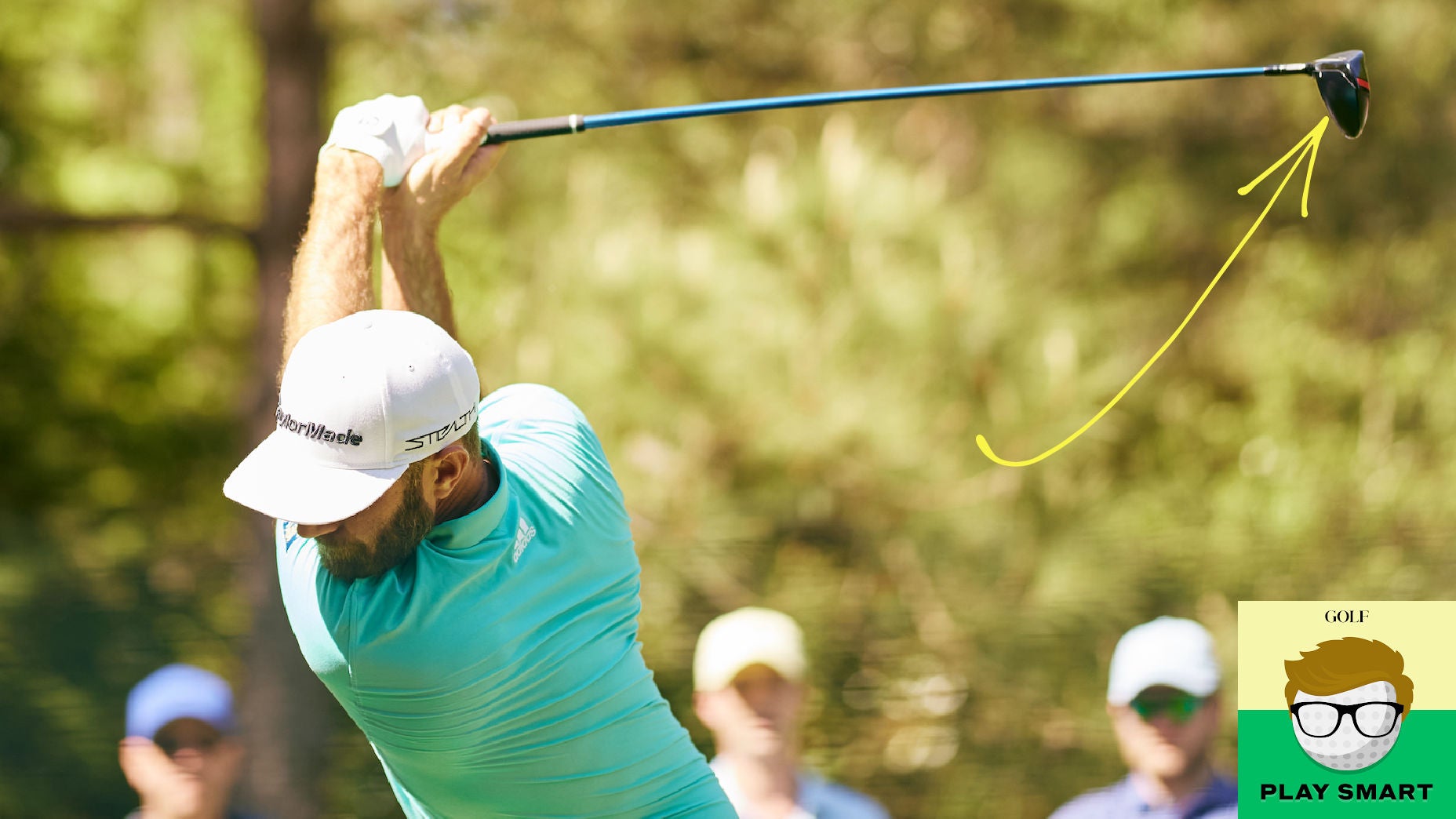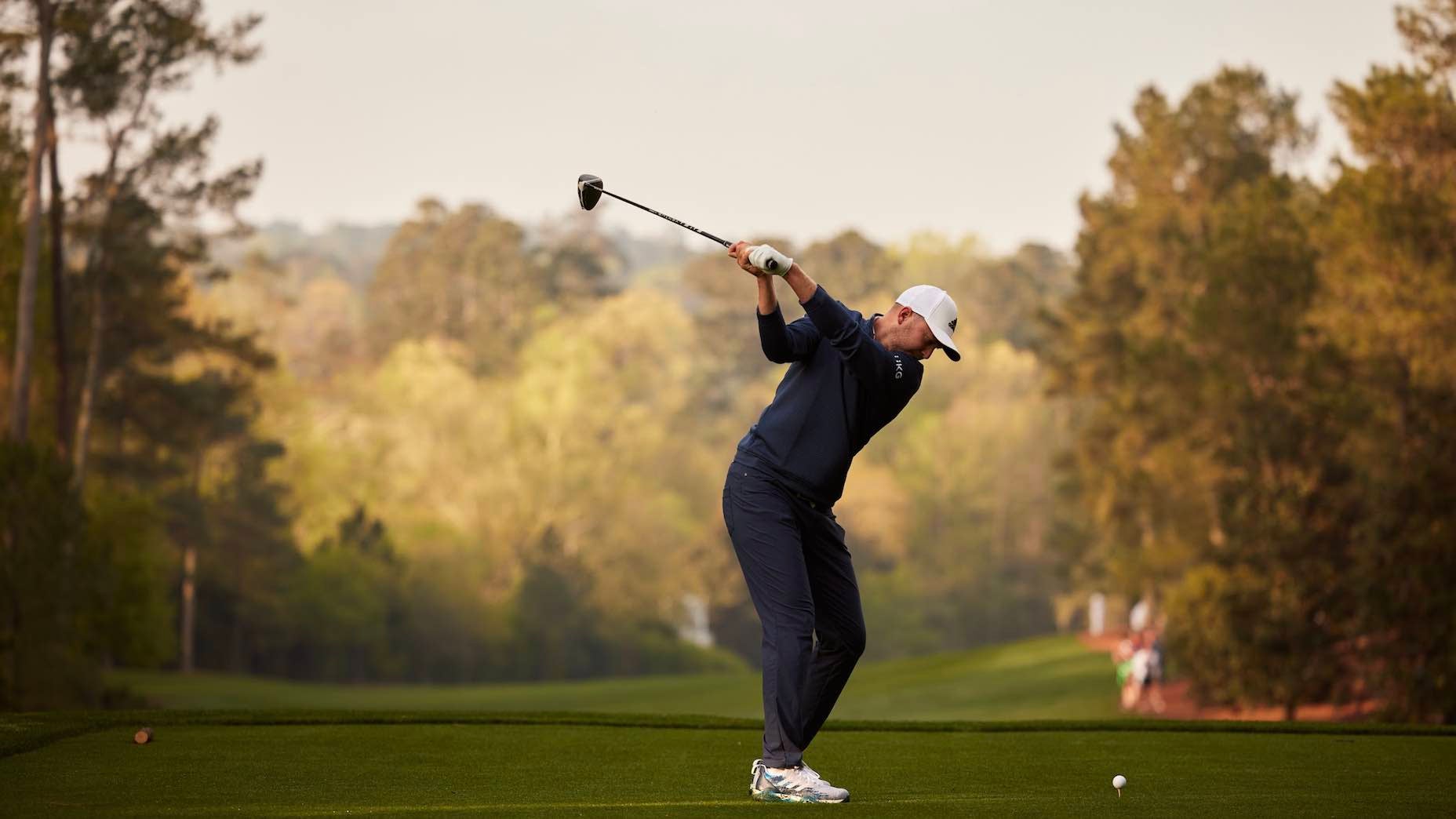Summertime in Georgia (where I live) is downright rough. Temperatures in the high 90’s and elevated humidity levels wear me down physically…
They are, however, very good conditions for the performance of your golf ball.
You should have seen the smile that adorned my face when I got off the plane in San Francisco last night. Temps in the mid 50’s greeted me and you would’ve thought I hit the lottery and my excitement for the 2020 PGA Championship grew exponentially.
“The coldest winter I ever spent was a summer in San Francisco,” is a quote that many folks are aware of.
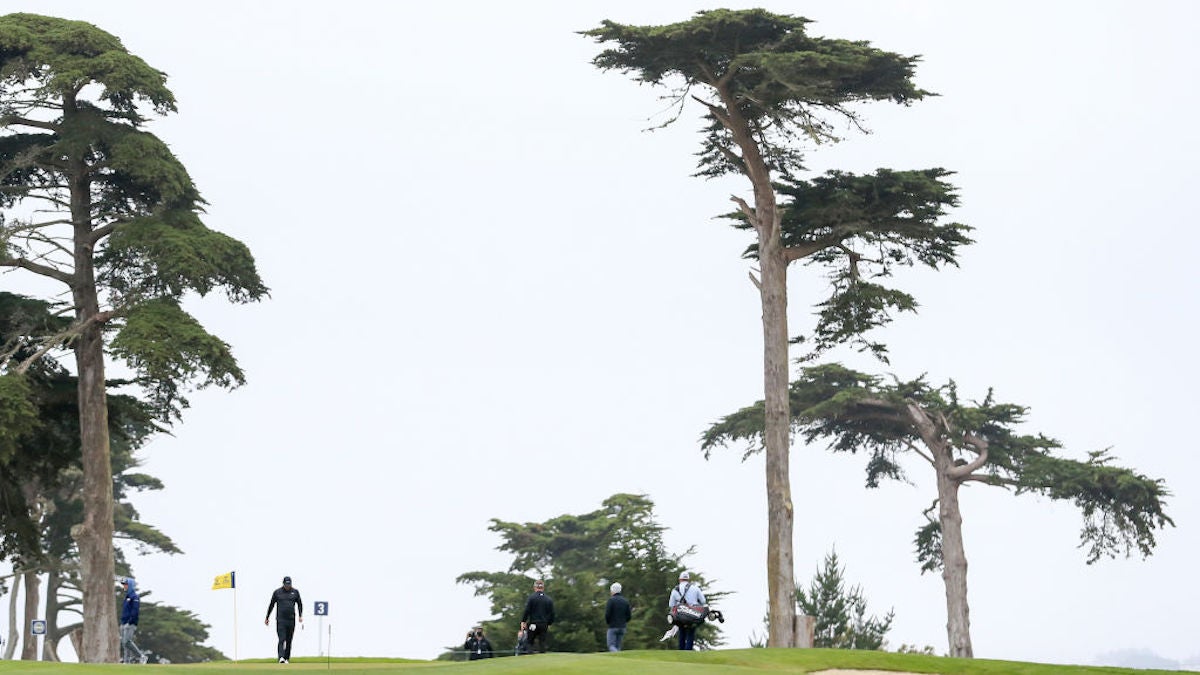
Inasmuch as I am as happy as a lark in the cool and mild conditions, I’m sure the PGA Championship field at Harding Park is not as content as I am. Not because they are not enjoying the respite from the summer PGA TOUR heat, but because they are seeing performances diminish in the cooler temperatures and denser maritime air.
It is important to note that the losses are not due to a lack of form, they are a function of the physics of the speed and flight of the golf ball.
Consider this quote from Tony Finau: “I don’t think there is anywhere in the world where the ball travels as short as here in Northern California.”
There is an important lesson for all of you golfers who pop out of the cart, laser the flag yardage and just pull the typical, best case scenario club. This short-sighted, lazy approach is probably costing you strokes because conditions have a real effect on how your golf ball travels.
Simply, the colder your golf ball is the shorter it will fly.
This week in cooler San Francisco, World #1, Justin Thomas’s 8-iron is flying about 10 yards shorter that last week in a hot Memphis. Proliferate that through the bag and it could conceivably add up to about a 20 yard loss with the Driver.
Consider that for a moment and apply it to yourself. Have you ever made an adjustment to your club selection on a cooler, moist day?
If not you better start doing so. It is “low-hanging fruit” when it comes to shaving strokes off your score.
For better understanding, there are two major atmospheric influences on distance – Air Density and Temperature, and two less significant influences – Air Pressure and Humidity.
As an aside, higher humidity does NOT make the ball travel shorter.
A few of elements to remember, and apply when make club selection decisions:
Air Density: The greater the Air Density the more resistance is applied to the golf ball. This essentially results in more lift and drag which leads to shots that climb a little higher, carry a little shorter and land on a more vertical angle.
Conversely, lower Air Density leads to slightly lower trajectory shots that fly a little farther. (High humidity and high temperatures typically contribute to lower air density.)
Air Temperature: Atmospheric temperatures have a great effect on golf ball performance. A general rule of thumb is that for a 10* Fahrenheit loss in temperature, approximately 1 yard in distance is lost. Extrapolate that out and see that the difference between 40*F and 100*F will be about 7-9 yards. For many of you that is a one club difference!
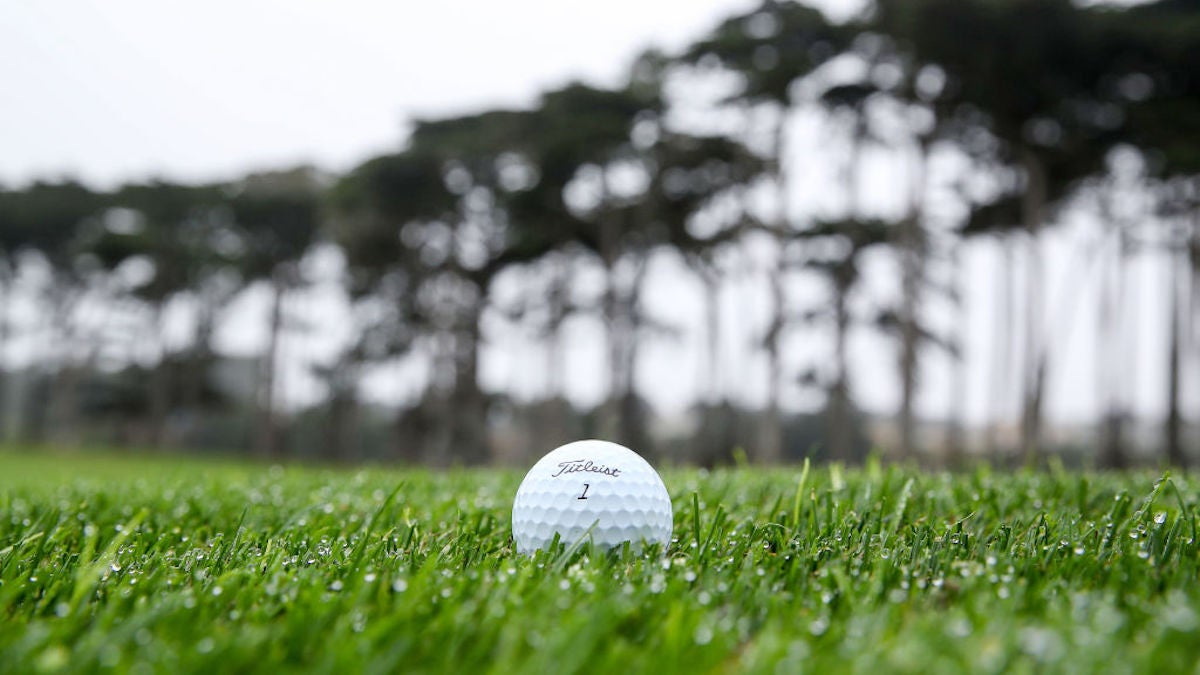
Add the that fact that cold temperatures adversely affect the elasticity of a golf ball. (Cold temps make the ball less springy and more difficult to compress at contact. That means less speed and power.)
Further, in colder temperatures your body will not be as flexible and mobile as usual. Hence your ability to wind up and unwind and generate clubhead speed is scuppered. Oh, and don’t forget that extra layers of clothing affect your ability to move your body freely too.
Are you realizing that temperature changes are to be respected? The few facts presented should be enough reason to make careful club selection decisions when the conditions deteriorate?
If the world’s most talented golfers are doing so this week I recommend you do same thing.
Smart and aware golfers win!
Latest In Instruction

Golf.com Contributor
On-course announcer and analyst Mark Immelman is passionate about the game of golf. As a decorated instructor, award-winning NCAA college golf coach, and an accomplished golfer, Mark brings a robust knowledge and vast experience to his role as a television broadcaster and golf instructor. He is currently a Golf Analyst for CBS Sports HQ, and an Analyst and On-course Announcer for CBS Sports and Golf on CBS. He currently also serves as a Studio Analyst and an On-course Announcer for PGA TOUR Live for PGA TOUR Live.
The older brother to 2008 Masters Champion, Trevor Immelman, Mark grew up in Somerset West, South Africa. After a successful amateur career in South Africa he was offered a golf scholarship to Columbus State University (Columbus , GA). He enjoyed a prolific collegiate tenure highlighted by his four-time All-America selections, two-time Academic All-America awards, and two NCAA Div. II National Championship victories. After graduation, Mark had a short season as a playing professional, but quickly turned his attention to his true passion – golf teaching.
As a golf instructor, Mark believes in cultivating ability and talent by providing comprehensive, holistic golf instruction that is easily understandable and of the highest quality to golfers of all abilities and skill levels. His passionate approach and keen knowledge of the game have led to him being a sought-after mind by leading Professional and Amateur golfers alike. Through his career he has taught and/or consulted to PGA TOUR and European Tour professionals and tournament winners such as: Larry Mize, Loren Roberts, Trevor Immelman, Scott Brown, Patton Kizzire, Louis Oosthuizen and Will Wilcox. He has been recognized as one of “Golf Digest’s Top 20 Instructors Under 40”, Golf Digest’s “Best Teachers in the State of Georgia” and Georgia Trend Magazine’s “Top 40 Under 40 – Georgia’s Best and Brightest”.
As a NCAA College Coach at Columbus State University (since 2001) Mark continues to coach the Columbus State Men’s Golf Team and his program is a perennial contender for Conference and National Titles. He is a two-time NCAA Div. II Atlantic/Southeast Region Coach of the Year, two-time Peachbelt Conference Coach of the Year, and the 2009 NCAA Div. II National Coach of the Year.
In 2019 Mark was selected as Captain and Coach of the (Arnold) Palmer Cup International Team. His team triumphed over the United States Team in the Palmer Cup Matches held at The Alotian Club outside of Little Rock, AR.
Mark’s additional broadcast duties include being a guest analyst on the CBS Sports “First Cut Podcast”. CBS Sports also uses Mark’s unique voice for audio and promotional PGA TOUR advertisements and promotional reads.
He has also served a 6-year tenure as a Play-by-Play Announcer for Sirius/XM PGA TOUR Radio.
Additionally, Mark hosts “On the Mark”, a PGA TOUR Podcast, which to date has been downloaded more than 3 million times in more than 125 countries.
He has also written golf instructional columns and articles for Golf Digest SA, Golf Digest USA and is currently penning instructional pieces for Golf Magazine. As an author, Mark has published two e-Books on golf instruction: “Scandalously SImple – The Easy Way to Accurate Golf Shots” and “Golf is a Game of Recovery”.
You can learn more about at MarkImmelman.com
